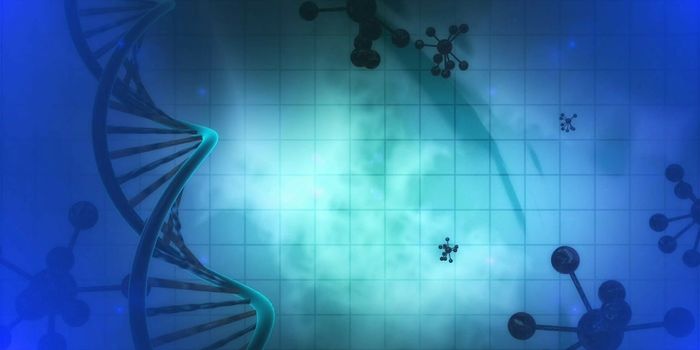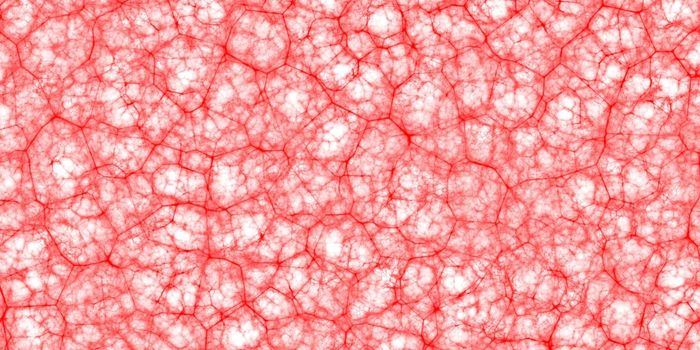Rhabdoid meningiomas are among one of the most aggressive brain cancer types. Furthermore, doctors have a difficult time predicting the clinical outcome in patients with these tumors. But a discovery of a
genetic mutation could be a key diagnostic feature for the aggressiveness of the tumors.
"Two meningiomas may appear similar under the microscope, but we know these two tumors may have very different clinical courses. The goal of this study was to identify an easy-to-measure feature that would help predict which tumors require closer surveillance and upfront therapies following surgical resection to delay progression. This is an effort that drew on the resources of multiple collaborating institutions working towards the same goal,” said Ganesh Shankar, a neurosurgeon at Massachusetts General Hospital (MGH)
In sequencing 560 cancer-related genes from 14 meningiomas, scientists from the Brigham and Women's Hospital and MGH detected a variant that appears to influence the tumor’s aggressiveness. The mutation is located in the BAP1 gene, and causes a loss of function in the BAP1 protein. Previously researchers have found that this mutation makes patients prone to tumor disposition syndrome – a condition marked by increased risk of tumor development in organs throughout the body.
In the context of rhabdoid meningiomas, the mutation is linked to high tumor aggressiveness and poorer clinical outcomes. A small sampling of 47 patients with rhabdoid meningiomas and the BAP 1 mutation showed high levels of tumor recurrence and lower survival outcome. Furthermore, patients with the BAP1 mutation survived for an average of 26 months, as compared to the average of 116 months for patients without the mutation.
"Our work has practical implications for the care of patients with meningiomas," said Sandro Santagata, a pathologist in the Neuropathology Division at BWH. "We hope that this work will have an impact not only on clinical management, but also for the enrollment of patients in clinical trials. Novel treatments for meningiomas are urgently needed, and determining which patients have more aggressive forms of the disease based on the tumor's genetics could help us design better trials and more precise treatment approaches."
The team hopes that this discovery can help guide patient treatment. They propose a diagnostic blood test to profile any mutations in BAP1. Patients with and without the mutation may benefit significantly from knowledge of the influences of their genetic status on their cancer outcome.
"Testing for BAP1 in rhabdoid meningiomas could be performed routinely and at a low cost, with the potential to change the course of clinical care and avoid overtreatment or to identify those who may need more aggressive therapy," said Santagata. "We hope that this new work will offer insights for clinicians and patients alike as they seek more information on these tumors."
Additional sources:
Brigham and Women's Hospital









